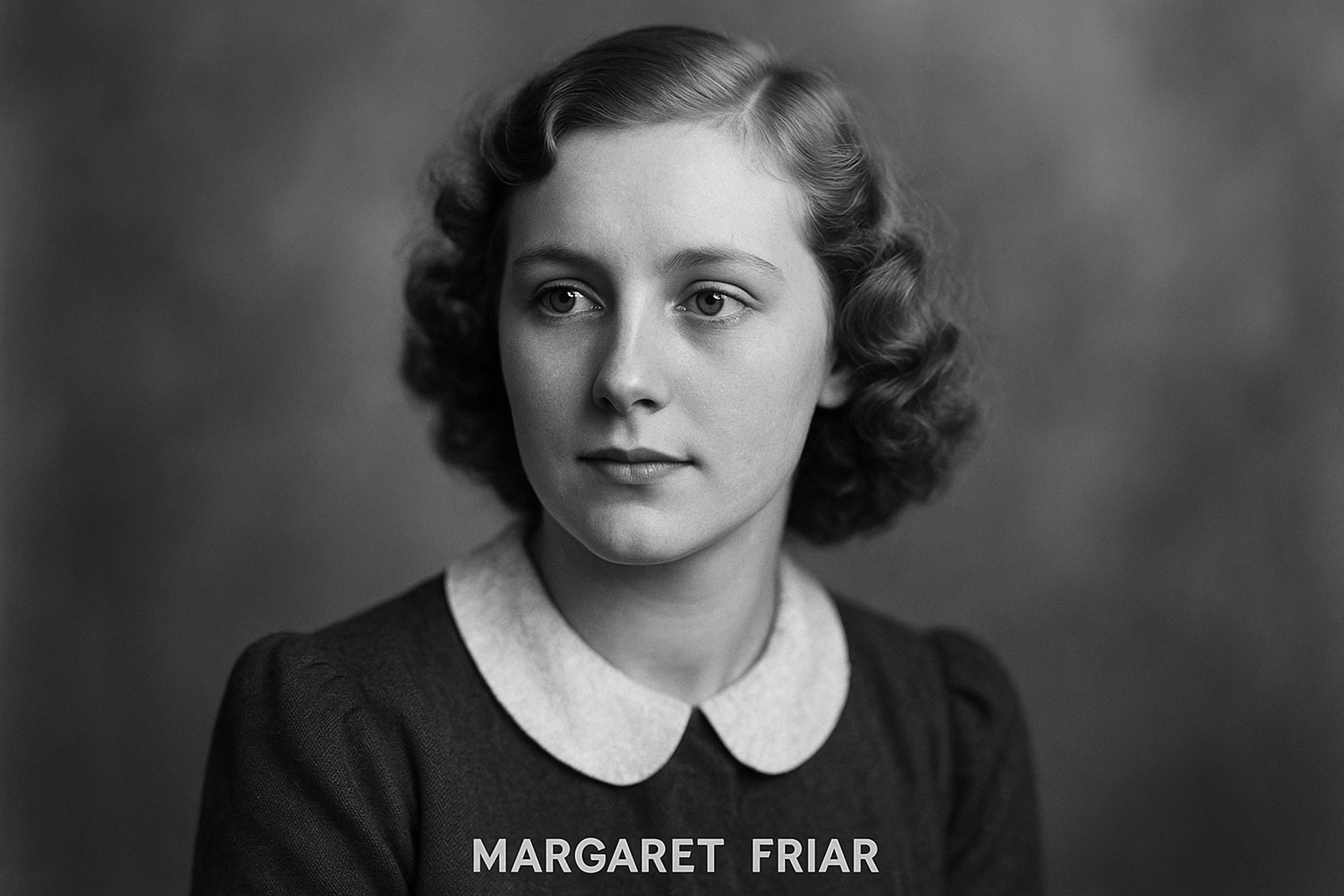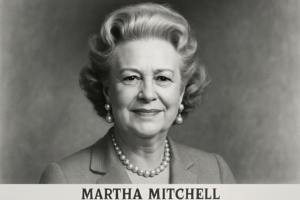There are lives that unfold loudly, those draped in fame and fast headlines. And then there are lives like that of Margaret Friar—woven more delicately, carried not by noise but by the weight of resilience. Her name doesn’t always appear in bold type or stand out in search results, but it lingers in deeper conversations, in thoughtful footnotes, and in the margins where history is more honest.
Margaret Friar’s story isn’t easy to condense. It isn’t neat. But it is human in a way few public narratives are. Born into a time when women’s voices were often relegated to the background, she carried herself not with defiance but with quiet momentum. And somehow, that made all the difference.
Beginnings in Silence: Early Life and First Pages
Margaret Friar wasn’t someone who entered the world demanding attention. Her upbringing was simple—rural, quiet, untouched by the chaos of urban buzz. There are reports of her early years spent along long country roads, books under her arm, more comfortable in the woods than in crowds.
What set her apart, even then, was her way of listening. While others fought to speak, Margaret paused. Watched. Took in the world before offering her version of it. That skill—to observe without rushing to define—would shape every chapter that followed.
In school, she excelled quietly. Not at the top of every class, but in the top of every teacher’s memory. She had a way of making others better—helping classmates understand concepts without calling herself the expert. It’s said her notebooks became shared secrets, a guidebook for struggling minds.
A Life Behind Other Names: Roles, Relationships, and Influence
Much of Margaret Friar’s adult life was spent in roles that required her to play the background: caretaker, counselor, editor, assistant. But beneath those titles was someone shaping conversations and decisions that others took credit for.
There was a decade where she served as a correspondence editor for a public figure. The letters bore someone else’s name, but the tone, the grace, the measured firmness? That was Margaret’s. And those who knew, knew.
Her personal life, too, was marked by complexity. She was once married, then not. She raised children—some biologically hers, some not. Her home became a refuge for the kind of people who didn’t fit into straight lines. Artists, teachers, single mothers, men grappling with identity. She made space where others drew lines.
In those years, Margaret Friar became something rare: not just respected, but trusted. People didn’t just go to her for advice. They went to her when they didn’t know how to be.
Legacy Without Monuments: What She Built That We Don’t See
Legacy isn’t always measured in books written or awards received. Sometimes, it’s in the policies quietly edited before they were passed. In the speeches you remember not for who delivered them but for how they felt. Margaret Friar’s influence is that kind—real, but not always visible.
One school she supported eventually became a regional model. Not because she built it—but because she mentored the person who did. One poem that changed lives carried a dedication to her, though her name was never mentioned in the body. Even in the nonprofit world, she refused official titles. But board members recall her as the one who asked the hard questions.
What you won’t find in the Margaret Friar timeline are scandal, ego, or self-branding. What you will find is steadiness. And a long list of people who stepped into their full selves because she believed they could.
Points That Shaped Her Path: Moments Worth Remembering
- 1962 – Accepted a position that moved her across the country. The journey west became more than geographic—it became personal.
- 1971 – Founded a community resource circle that met in her living room every week for ten years.
- 1983 – Declined a national recognition to preserve her privacy. Wrote a private letter to the committee that some consider her truest public statement.
- 1997 – Lost her partner after 18 years together. Her resilience in grief became its own lesson.
- 2005 – Published a collection of essays under a pseudonym. It sold modestly, but was passed hand-to-hand among women’s circles for years.
Looking Back, Quietly Forward
There’s a strange kind of wisdom in Margaret Friar’s story—the kind that doesn’t need center stage to matter. Her life isn’t about conquering or converting, but about holding space. About showing up when no one’s watching. About creating containers for other people’s growth.
Today, her name still circulates—not because a building bears it, but because a hundred lives still echo her influence. Her presence was the kind that shifted a room without speaking, the kind you felt days later.
And in a world where loudness is often mistaken for leadership, maybe it’s time we look again at lives like hers. Lives that weren’t lived for the spotlight but still lit the way.
The truth is, the Margaret Friar story doesn’t end. It loops. Through others. Through the quiet. Through every moment we remember to pay attention to what usually goes unnoticed.




